The set of agreements signed by China and Russia during the visit of Chinese President Xi Jinping to Moscow, in fact, became the beginning of the creation of a single Russian-Chinese “bloc” aimed at countering the threat from the United States and the West as a whole.
After the historic agreement, Chinese leader Xi Jinping, speaking at the annual session of the Chinese Parliament, is preparing China for war, according to Foreign Affairs. Xi Jinping addressed the issue of readiness for war in four separate speeches, and in one of them he even reportedly told his generals to “fight bravely”!
The content of the signed agreements clearly shows that they are aimed at joint military strengthening of the two superpowers to such an extent that they cannot be threatened by Western countries, and economic independence, so that they are not affected by the dollar, the US banking system and, ultimately, US sanctions. , which have an effect due to the use of the dollar.
Between speeches, his government also announced a 7.2% increase in China’s defense budget, which has doubled in the past decade, and plans to make the country less dependent on foreign imports of military equipment and grain.
In recent months, Beijing has unveiled new military readiness laws, new air raid shelters in cities across the Taiwan Strait, and new “national defense mobilization” offices across the country.
The first sign that this year’s meetings of the National People’s Congress and the National Political Consultative Conference may not be “routine” but preparation for “war” came on March 1, when the Chinese Communist Party’s (CCP) leading theoretical journal published an article under titled “Under Xi Jinping’s leadership to strengthen the army, we will victoriously move forward.”
The text, in particular, said that “the modernization of the national defense and the army must be accelerated.” It also calls for an intensification of the military-civilian merger, Xi’s policy that requires private companies and civilian institutions to serve China’s military modernization.
In his first speech on March 5, Xi appeared to present China’s industrial base for strife and conflict. “In the coming period, the risks and challenges we will face will increase and become more serious,” he warned. “Only when all people think in one place, work hard in one place, help each other in the same boat, come together as one , dare to fight and be good in the fight, they will be able to continue to win new and bigger victories.” Xi also directly blamed the United States in his speech, breaking his practice of not naming Washington as an adversary except in a historical context.
On March 6, Xi delivered his second speech, presenting a vision of Chinese self-sufficiency that went much further than any of his previous speeches on the subject, stating that China’s path to modernization depended on overcoming technological dependence on foreign economies – meaning the United States and other industrialized developed democracies. He also stressed that he wants China to end its dependence on imports of grains and manufactured goods.
In his third speech on March 8, Xi also called for a “National Defense Training” campaign to rally society around the PLA.
In his fourth speech (and the first as president of his third term) on March 13, Xi announced that the “core” of the grand revival campaign was “unification of the motherland.”
Although he hints at a connection between the takeover of Taiwan and his highly publicized campaign to essentially make China great again, he has rarely, if ever, made it so clear.
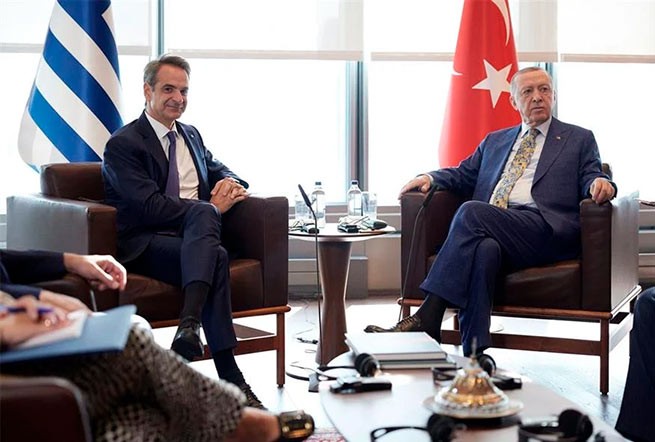
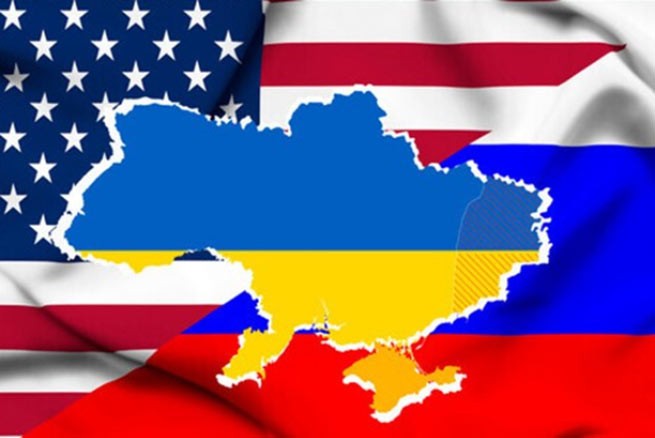
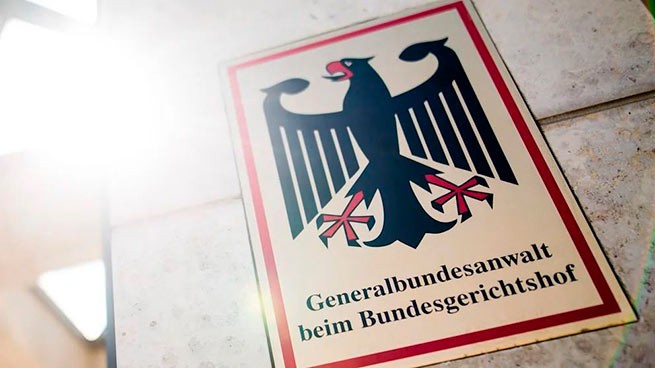
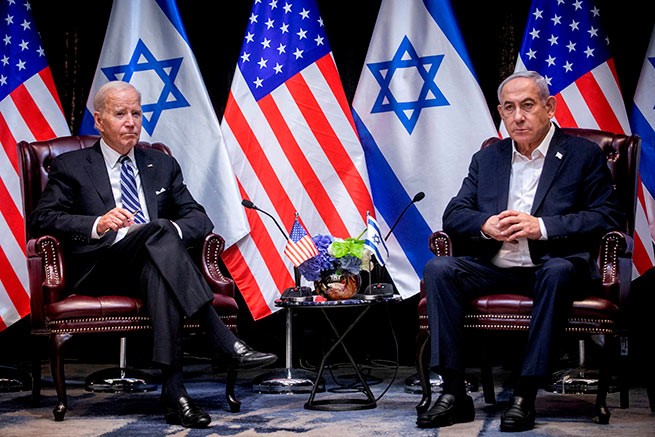
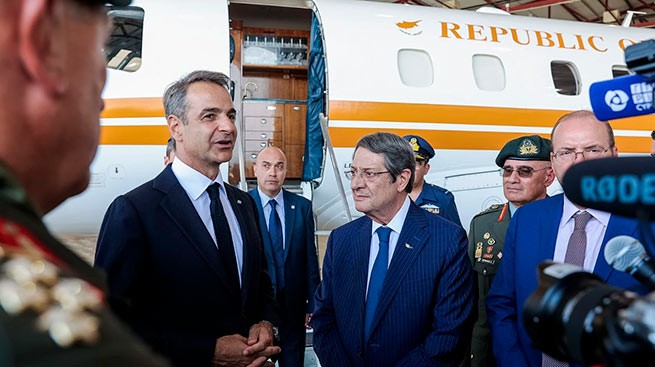
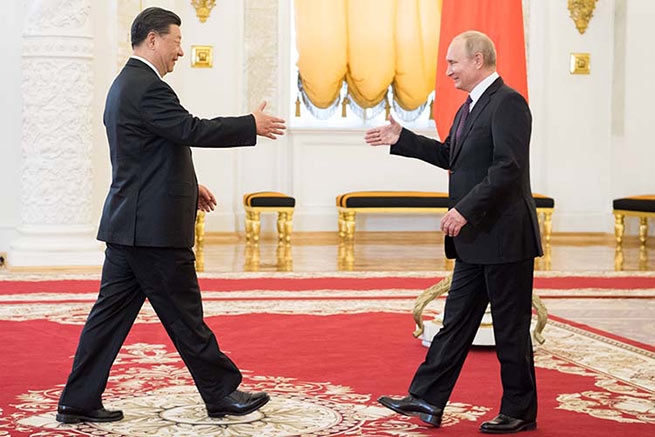

More Stories
Germans from Russia were arrested in Germany on charges of preparing to strike US bases
The New Arab: "US approves possible operation in Rafah in exchange for Israeli refusal to attack Iran"
The population of Ukraine and the Russian Federation is predicted in the coming years